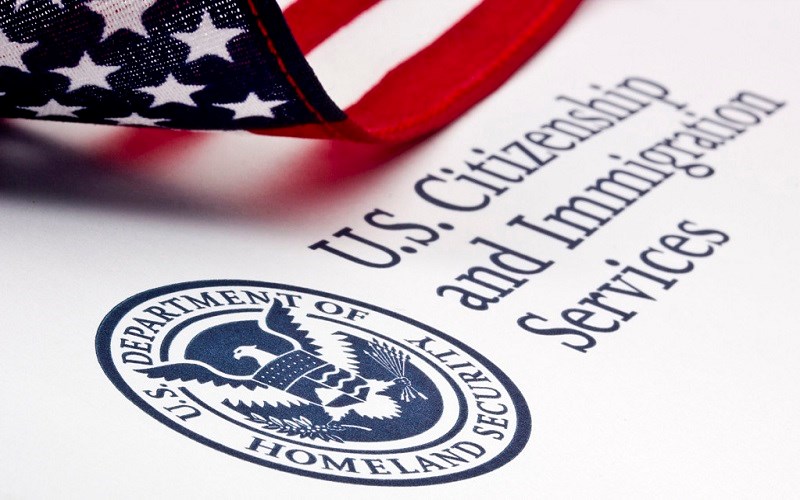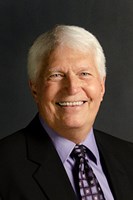

As students of the Bible are aware, Ruth is the story of a woman of Moab, a foreigner, an immigrant, who becomes the grandmother of king David and thus a part of the royal line which led to the Messiah.
Along the way, she teaches us some lessons about both immigration and welfare.
The backstory is that Naomi and her husband Elimelech lived in Judah with their two sons. When Judah experienced severe famine, they moved to Moab where they could find food.
While in Moab, Naomi’s husband and sons all died, leaving her in a strange land with only her two daughters-in-law for support. When Naomi hears that the Lord has visited Judah, and food is plentiful there again, she decides to return home. Both daughters-in-law want to accompany her, but she persuades one of them, Orpah, to stay in Moab with her family.
Ruth, however, is insistent and will not be deterred. As she and Naomi prepare to enter Judah, she says these memorable words, “Where you go I will go, and where you lodge I will lodge. Your people shall be my people, and your God my God. Where you die I will die, and there I will be buried” (Ruth 1:16-17, emphasis mine).
From an immigration standpoint, what is instructive here is that Ruth was determined to fully assimilate into her adopted country’s culture. She had no intention of becoming a hyphenated Israelite. She would become an Israelite, period. “Your people shall be my people.”
She would do so by embracing her new nation’s customs, history, values and faith as her own. “Your God will be my God.” She did not come to Judah insisting that Judah make room for the religious practices she had followed in the land of her birth. She was willing to leave behind the gods her family and ancestors worshipped and embrace the God of her new land.
There is also a lesson about welfare reform in this story. As readers remember, in ancient Israel it was law that farmers were to leave the corners of their fields unharvested and were not to make a second pass through the vineyards to harvest grapes.
The reason? Compassion for the poor. The poor could harvest the corners of the fields and harvest the grapes the workers missed. In this way, the poor who were willing and able could feed themselves and their families through the labor of their own hands, thus strengthening their self-respect and dignity. Help was readily available for those willing to work, but not for those who weren’t. This was truly a hand up, not a hand out.
Ruth worked from sunup to sundown in the corners of Boaz’s fields to glean enough for her and Naomi. She didn’t expect or demand benefits from the civil authorities of her new country. She knew she was responsible to provide for herself and those who were dependent upon her, and she gave herself without complaint to that task. She understood the principle enunciated in the New Testament: “If anyone is not willing to work, let him not eat” (2 Thessalonians 3:10).
So Ruth immigrated legally, assimilated completely, and assumed full responsibility to provide for herself and her family in her new land. She’s the kind of newcomer any nation would be proud to have.

